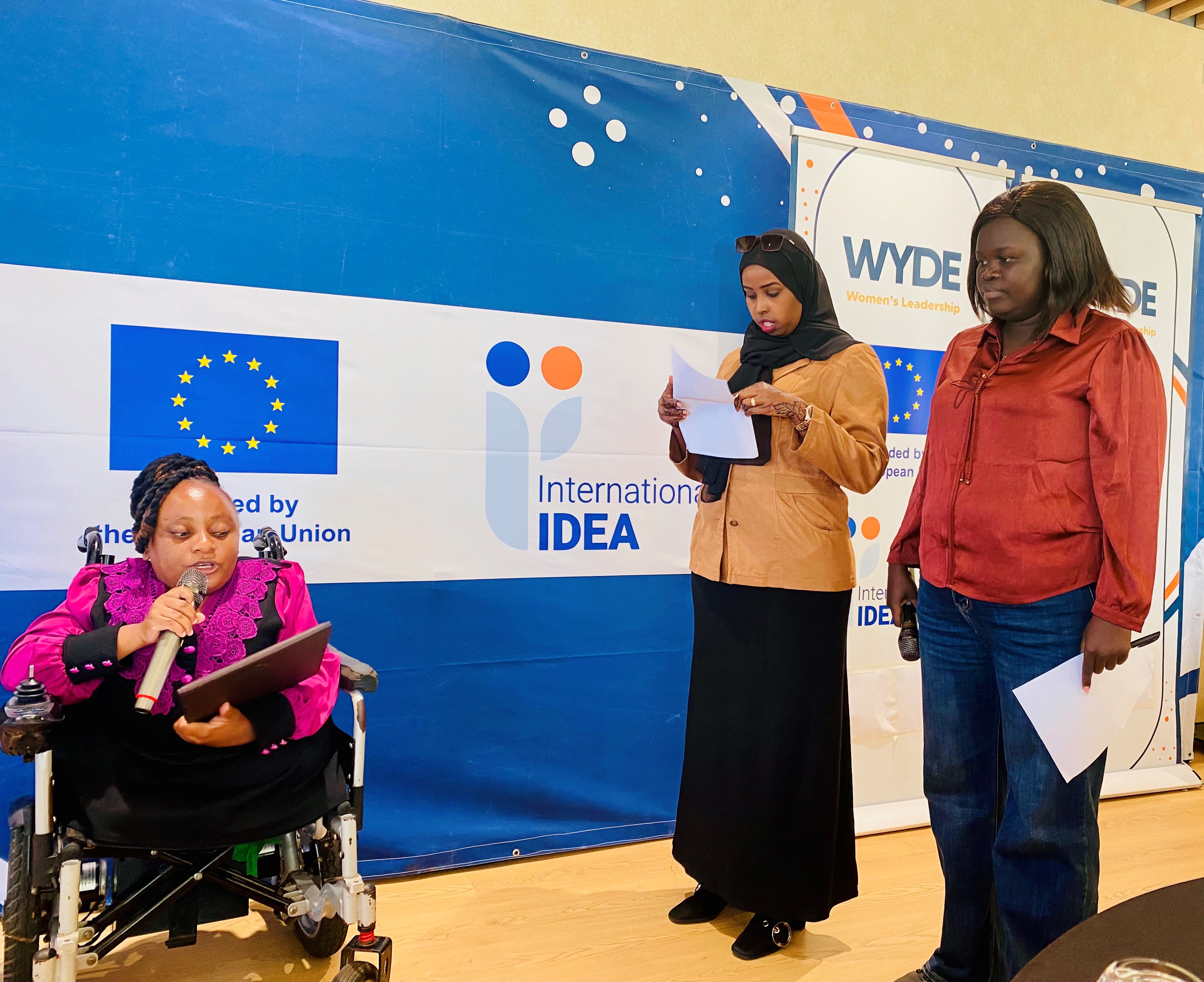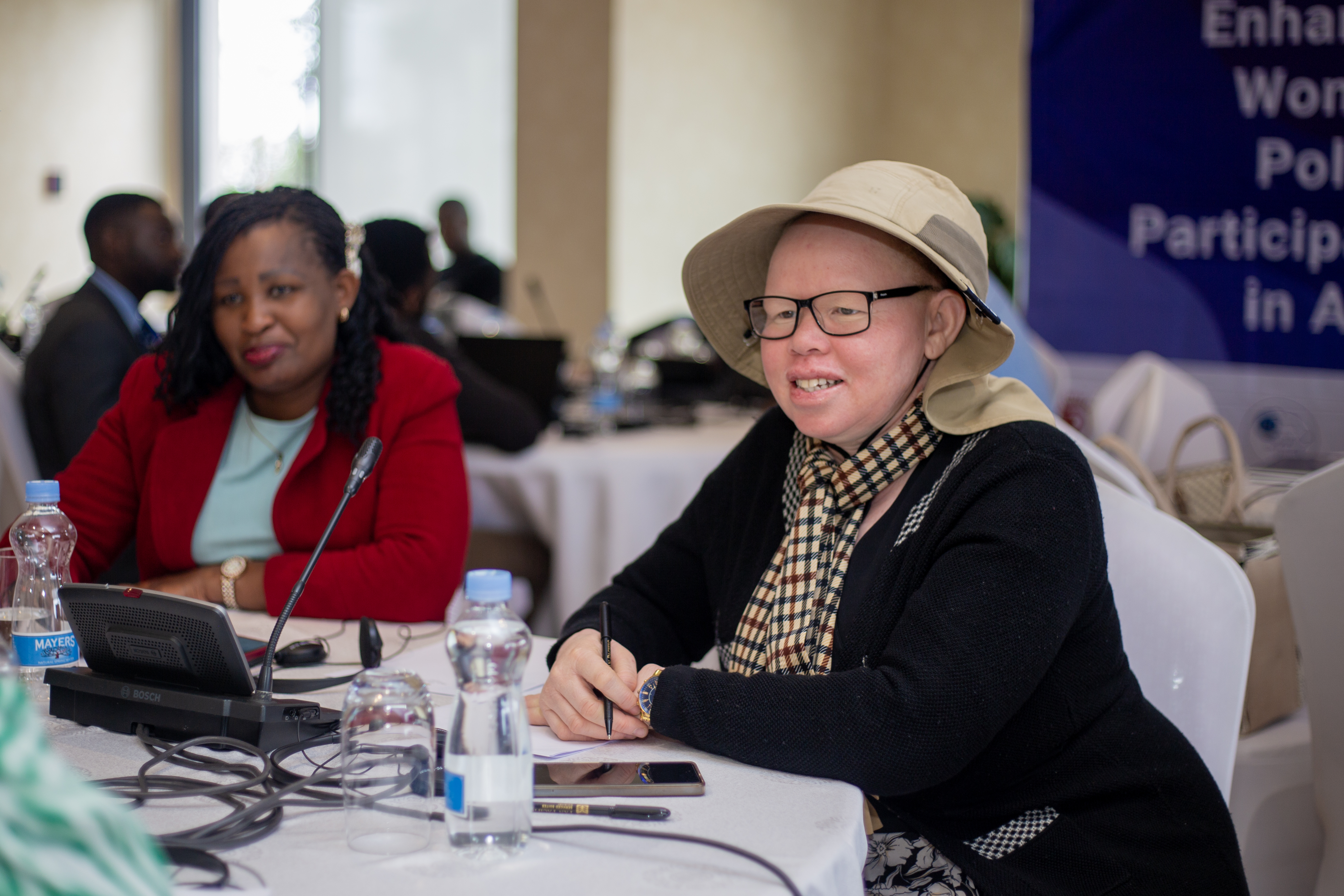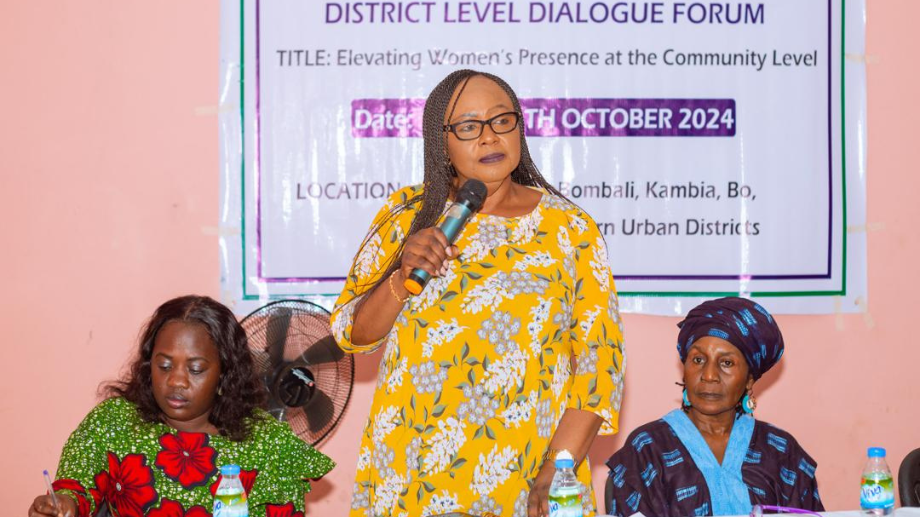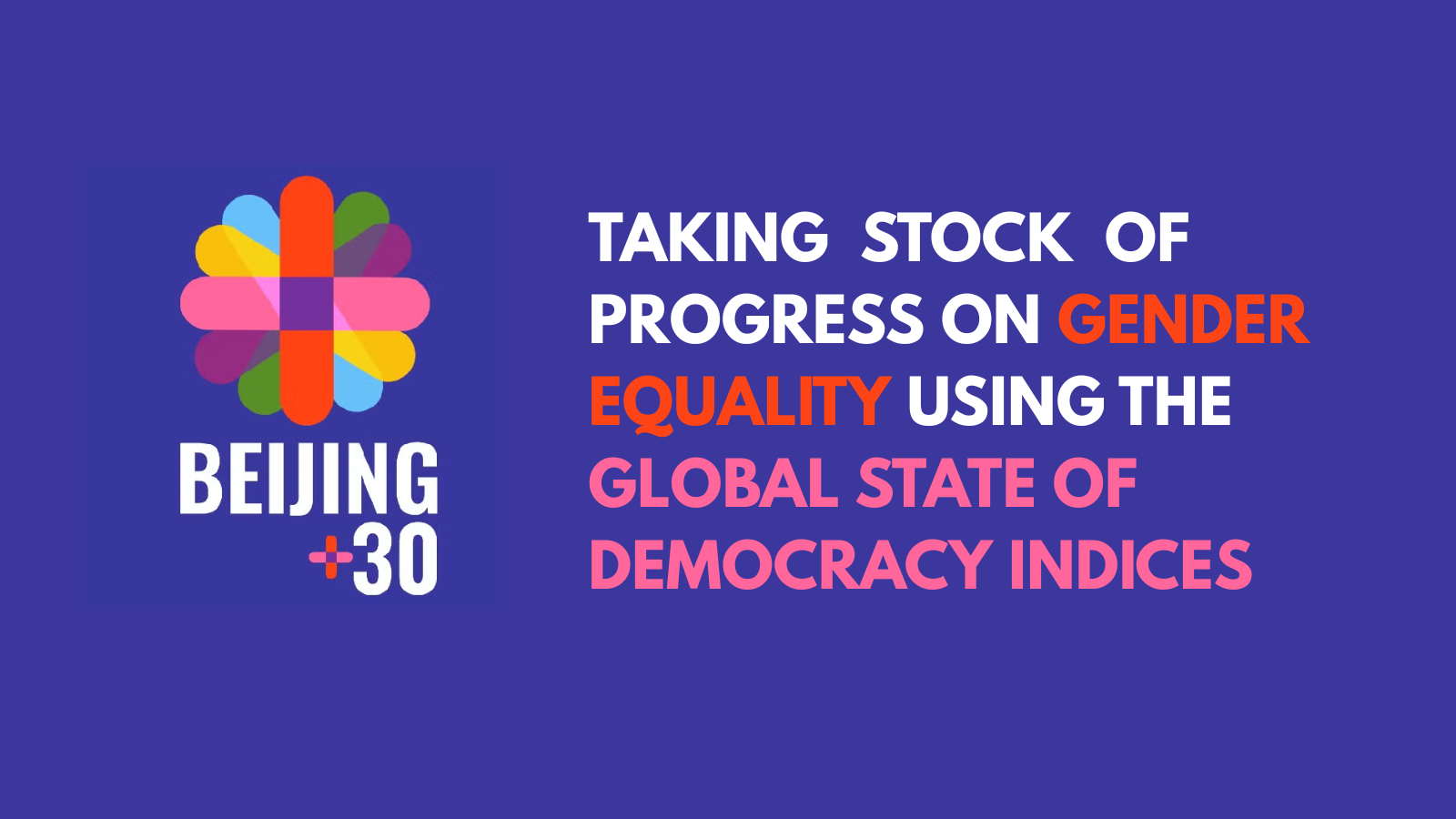
Millions of Haitians hit the polling stations again on Sunday for the first round of the presidential election as well as the second round of the legislative and municipal elections. The election unfolded peacefully and without major incidents.
The Provisional Electoral Council (Conseil Electoral Provisoire, CEP) took several steps to ensure a smoother process than the 9 August election, which was widely criticized and marred by numerous instances of violence, fraud and intimidation. For the first time in Haitian electoral history, the CEP excluded candidates it said had disturbed the election and cancelled the vote where too many irregularities had been reported.
While criticized for not being reactive enough in August, the Haitian national police was more present this time and properly secured the vote. This lead to some 234 arrests of individuals trying to commit fraud or disturb the process. One government commissioner was also put in custody. In some polling centres confusion and logistical difficulties have prevented people from voting.
While there is no immediate estimate of national voter turnout, it is already recognized that participation is significantly higher than on 9 August.
Of 20 upper house seats and 119 lower house seats to be filled, two senators and eight deputies were elected in August and the rest will be announced once the votes have been counted, a process which is expected to be completed by early November.
A total of 54 candidates were officially running for president – 50 men and four women. Three days before election day, three candidates decided to pull out from the electoral race. Among them was Simon Dieuseul Desras, former President of the Senate, who instead decided to endorse Jude Célestin. Célestin ran for president in 2010 and was then backed by incumbent President René Garcia Préval. Pre-election polls have given him up to 30 percent of the votes.
While most of the candidates are unknown to the vast population, the favourites include Jude Célestin, of LAPEH; Jovenel Moïse, entrepreneur and political newcomer from PHTK, the party of sitting President Michel Martelly; well-known former opposition Senator Moïse Jean Charles, from Pitit Dessalines; Maryse Narcise, of Fanmi Lavalas, who is supported by former President Jean Bertrand Artistide; Jean Henry Céant, from Renmen Ayiti, a famous notary whose party is affiliated to the Lavalas movement; Steven Benoit, from Konviksyon, former senator and deputy; and Sauveur Pierre Etienne, Secretary-General of the OPL
Radical opposition kept calling for a boycott of the election to protest the imperfect electoral process. However, since the launch of the campaign on 9 September, street demonstrations that took place almost daily after 9 August, eventually stopped.
National and international observation missions were deployed nationwide to observe the vote and main international partners expressed relief and satisfaction of the outcome. Celso Amorim, chief of the Organization of American States observation mission, said Haiti appeared to be “moving in the right direction”. While to Elena Valenciano, head of the European Union observation mission, said she was pleased with the improved security.
“Despite some delays and incidents, participation, especially of women, has increased thanks to improved security,” she said during a recent press conference.
Earlier this month, both U.S. Secretary of State John Kerry and the Club of Madrid, led by former Prime Minister of Netherlands Wim Kok, visited Haiti to support the electoral process and called for increased participation and peaceful elections.
Under Haiti’s Constitution, Michel Martelly cannot run for a second term and has promised to leave office after 7 February 2016. A popular singer before he got elected in 2011, he declared to the press that he will be back on stage for carnival the day after his mandate terminates.
The second round of the presidential is planned for 27 December 2015 along with local elections where the first-past-the-post system will be used.
International IDEA has been working in Haiti since 2012 to support the consolidation of the democratic process. Ahead of the electoral process, the Institute trained the CEP, with specific training for staff deployed in departmental and local voting centres. On 16 October, International IDEA facilitated the last meeting organized before election day between the CEP and political parties, in order to discuss the rules to follow for parties’ representatives delegated to observe election in polling stations.
In early October, International IDEA launched its new study on the relationships between political parties and their representatives in parliament. The publication was presented to political parties and journalists in 15 cities all over the country, which was an opportunity for parties from opposing political ideology to sit down and dialogue on key democratic issues. In the context of the elections, it also serves as a concrete tool to strengthen ties between political parties and their candidates for parliament.
Finally, International IDEA works with the CEP, political parties and state institutions to foster the participation of women in politics. The partial implementation of the 30 per cent gender quota constitutional provision guaranteed that political parties include at least one woman in their three-member list for municipal council.



